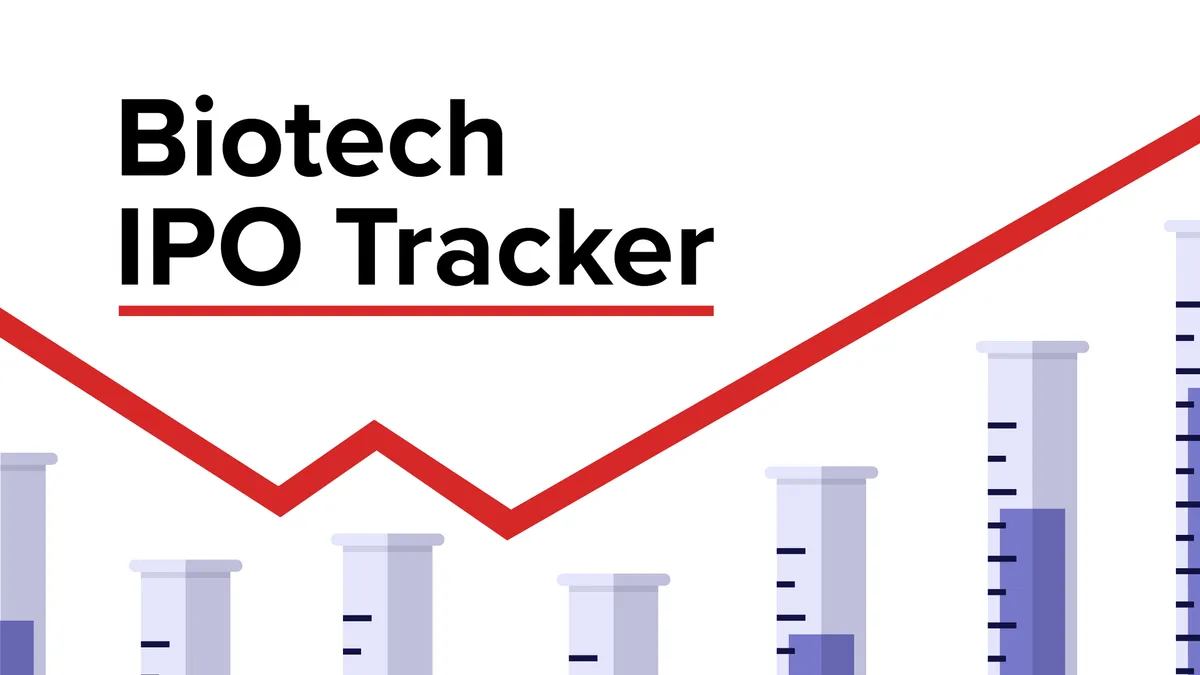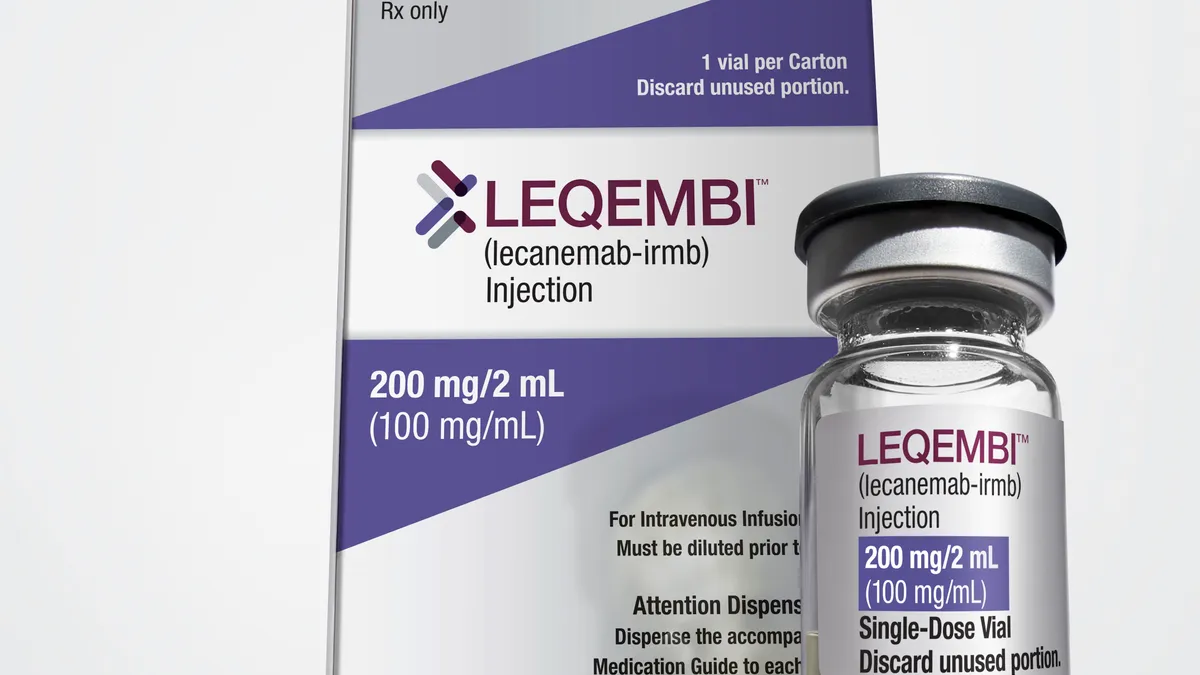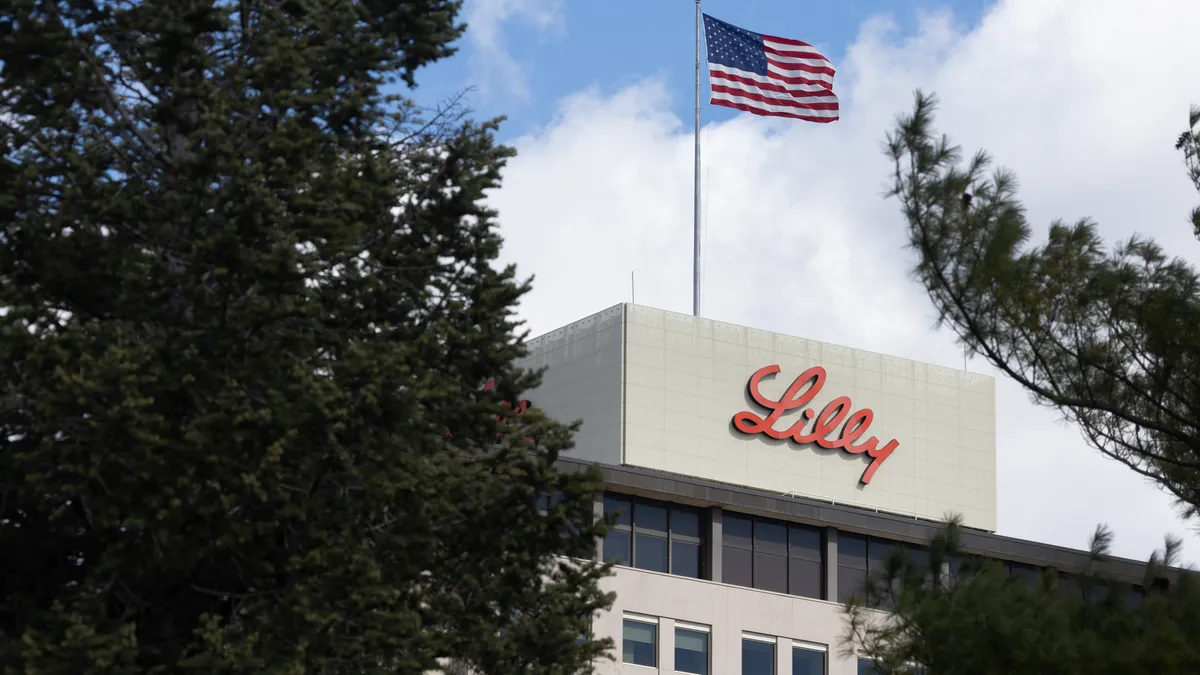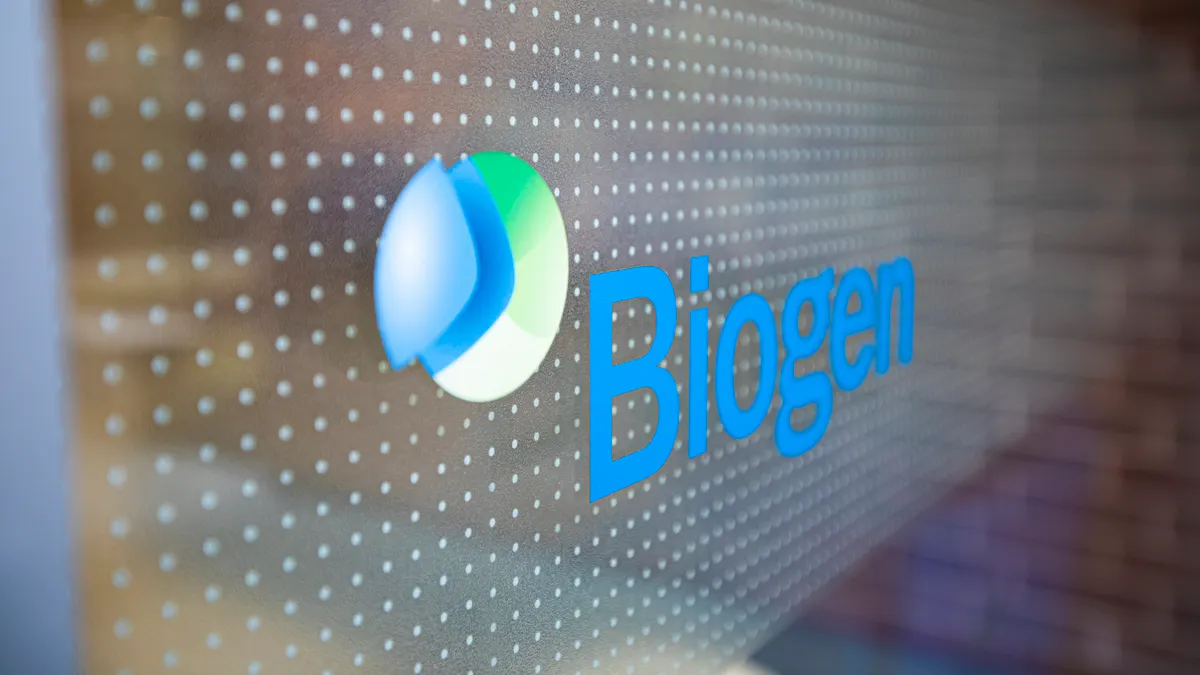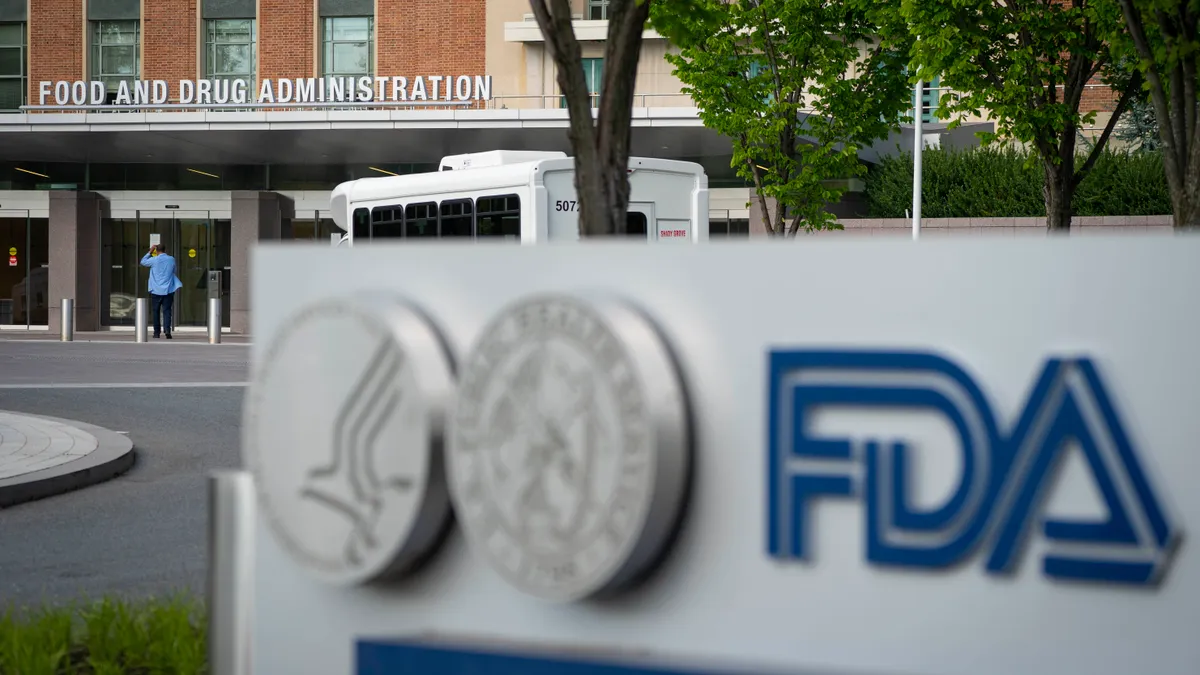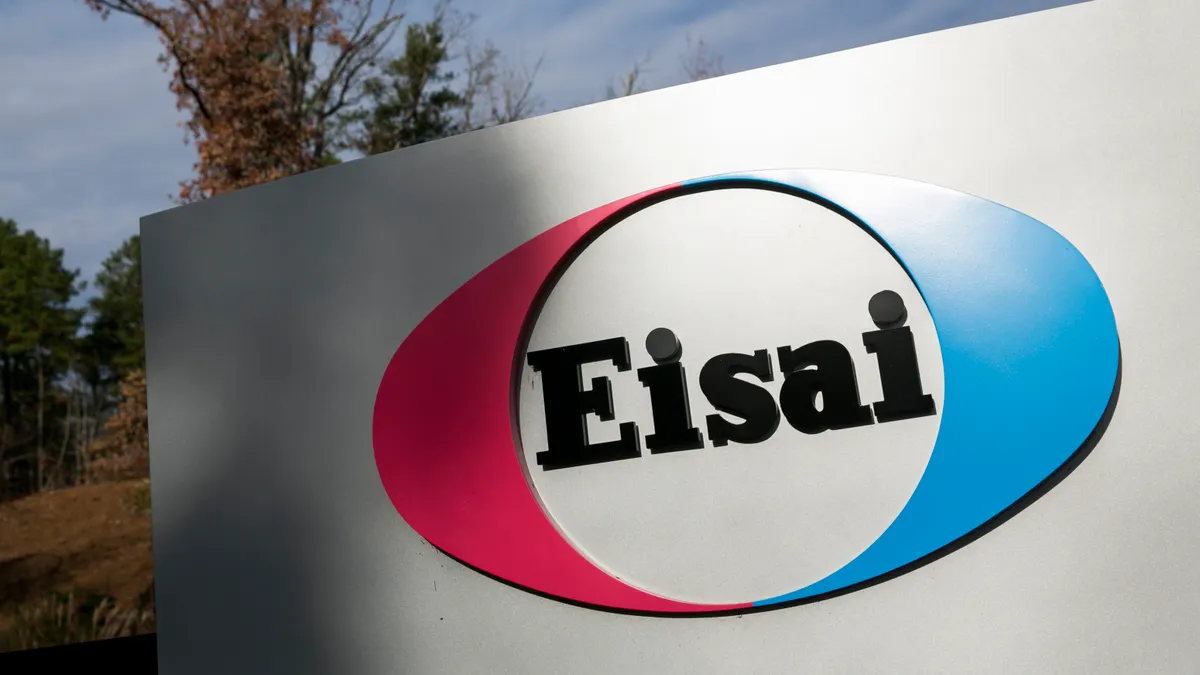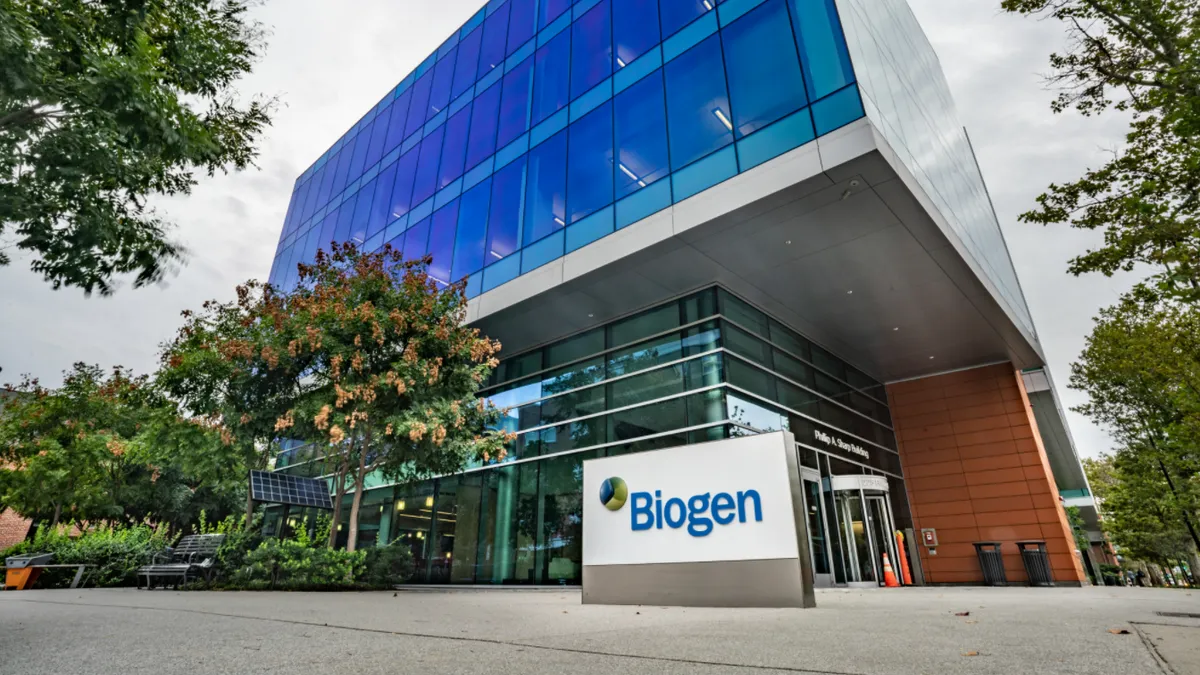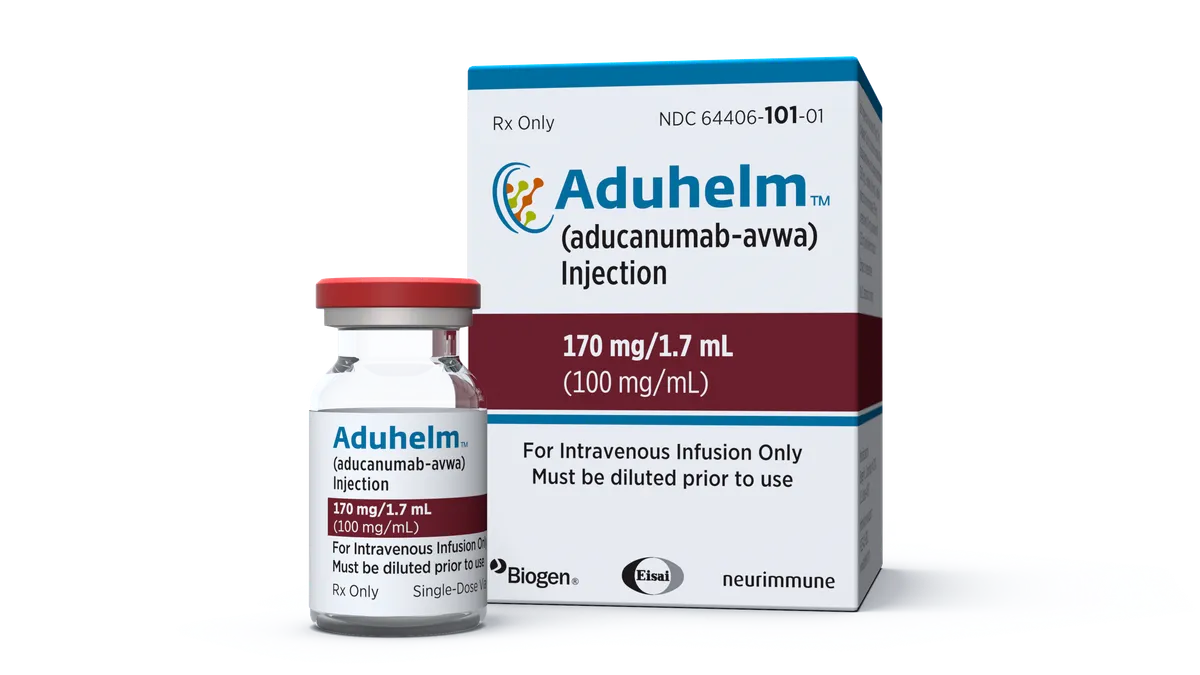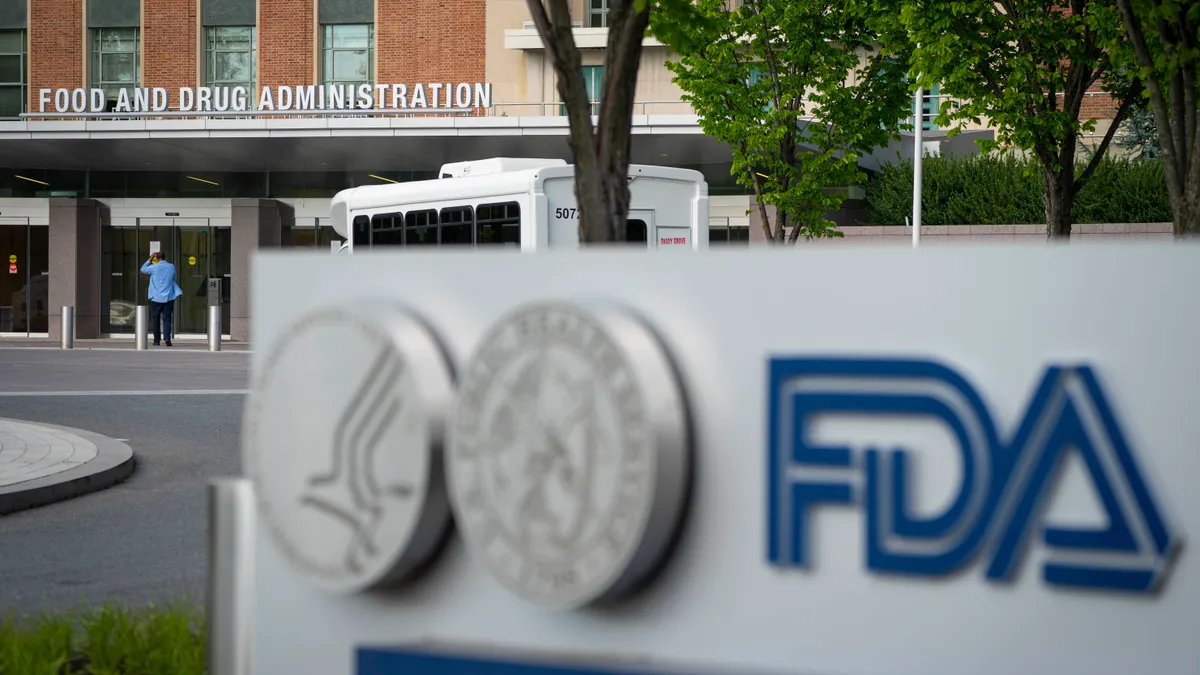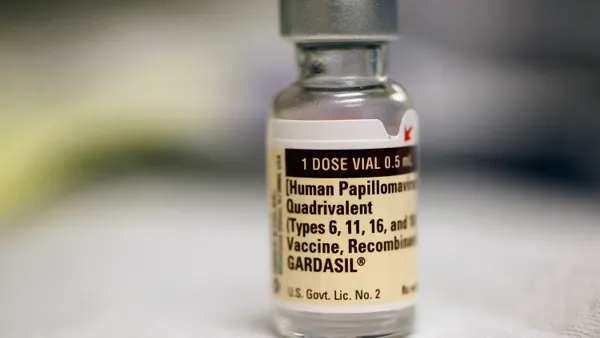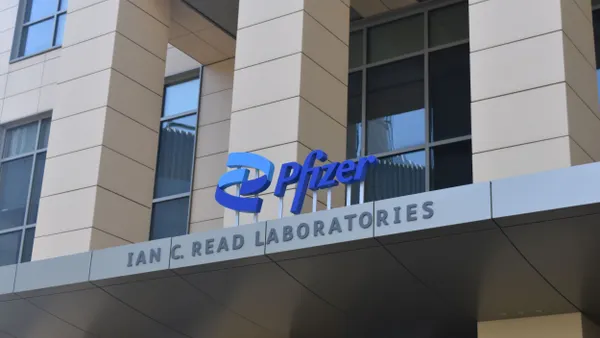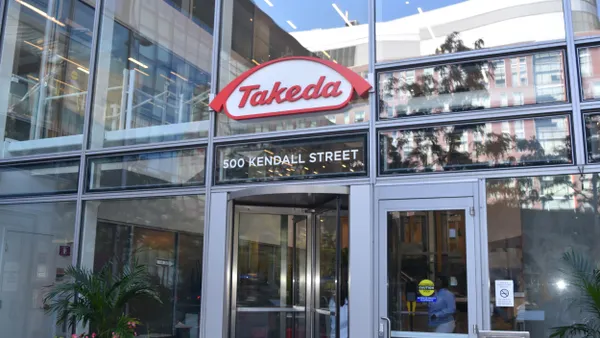Dive Brief:
- The Food and Drug Administration has approved monthly maintenance dosing of Eisai and Biogen’s Alzheimer’s disease drug Leqembi.
- After taking Leqembi every two weeks for 18 months, patients can now transition to a monthly dose that the companies say is supported by modeling of data from Phase 2 and Phase 3 testing. Leqembi works by removing toxic aggregates of a protein from the brain.
- The FDA’s approval is the first issued by the agency since the Trump administration halted all external communications by federal health agencies, which sparked concerns about delays in agency decisionmaking. In a note, Baird analyst Brian Skorney wrote that Eisai and Biogen’s application might have been considered “mission critical” due to the “urgency to treat Alzheimer’s disease.”
Dive Insight:
The FDA cleared Leqembi in 2023, initially on a conditional basis and then later granting full approval. Testing showed treatment with the drug, which clears amyloid plaques from the brain, modestly slowed disease progression.
Sales of the drug were slow to grow, however. Treatment is relatively time-consuming, initially requiring an intravenous injection over one hour every two weeks, as well as routine MRI scans. Leqembi comes with a boxed warning for ARIA, or amyloid-related imaging abnormalities, which can cause brain swelling or micro-bleeds.
Getting medical insurers to cover the drug has also been an obstacle for Eisai and Biogen. While Medicare provides access to the drug, it requires patients and clinicians participate in a registry collecting treatment data.
Still, sales have grown grown steadily. Biogen said the treatment made $67 million in global in-market sales, with about $39 million from the U.S., during the third quarter last year.
Eisai and Biogen have submitted Leqembi to the FDA for approval as a subcutaneous autoinjector to be used in weekly maintenance dosing. A decision is expected by August 31. If approved, analysts think this could open the door for more patients to start intravenous treatment, as centers would have more capacity. The latest approval of monthly dosing could have a similar effect, according to Skorney, “albeit smaller,” he wrote in a note to clients Monday.







